Leigh MacMillan
-

New strategy to treat brain bleeding
Vasorelaxing peptides could offer a promising therapeutic strategy for reducing the neurological deficits caused by subarachnoid hemorrhage-induced cerebral blood vessel constriction. Read MoreMay 4, 2021
-

A compound to counteract aging?
A compound that increases lifespan in yeast is offering clues to pharmacological approaches that might slow the aging process and improve health. Read MoreApr 29, 2021
-
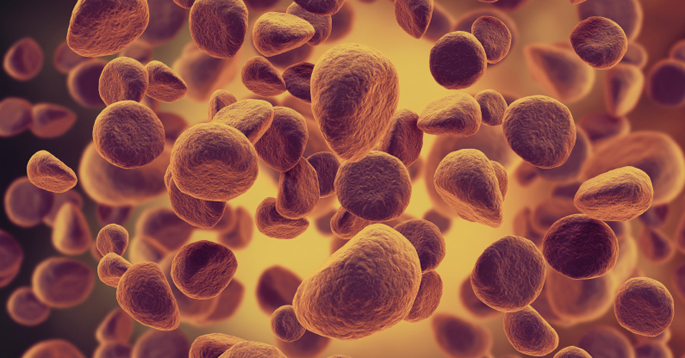
New therapeutic strategy for leukemia syndrome
Using primary cells from patients with chronic myelomonocytic leukemia, Vanderbilt researchers found synergistic inhibition of cell viability and proliferation, suggesting a new treatment strategy. Read MoreApr 20, 2021
-

Arrhythmia culprit: supertrafficking ion channel
Charles Sanders, PhD, and colleagues show how a “supertrafficking” mutant potassium channel contributes to heart rhythm abnormalities. Read MoreApr 15, 2021
-
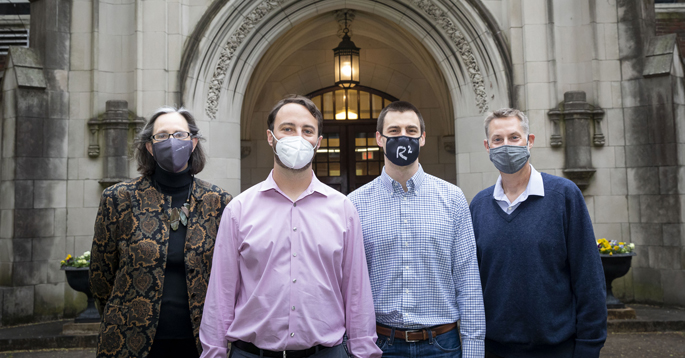
Study revises understanding of cancer metabolism
Tumors consume glucose at high rates, but a team of Vanderbilt researchers has discovered that cancer cells themselves are not the culprit, upending models of cancer metabolism that have been developed and refined over the last 100 years. Read MoreApr 7, 2021
-
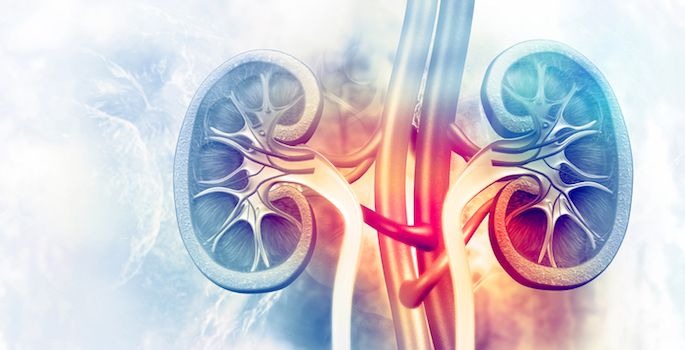
Genetic differences in Wilms tumor
Unique somatic gene mutations may contribute to racial disparities in the incidence of Wilms tumor — the most common childhood kidney cancer. Read MoreApr 6, 2021
-

Codeine metabolizer status in clinical practice
Vanderbilt researchers have developed a response score using genetic and clinical information to aid prescribing of the widely used pain medication codeine. Read MoreApr 5, 2021
-
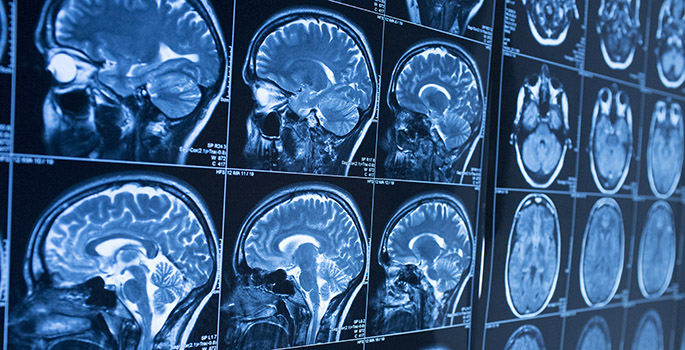
NYU’s Tsien to discuss brain plasticity at next Discovery Lecture
Richard Tsien, PhD, director of the Neuroscience Institute at NYU Langone Medical Center, will deliver the next web-based Discovery Lecture. Read MoreMar 29, 2021
-
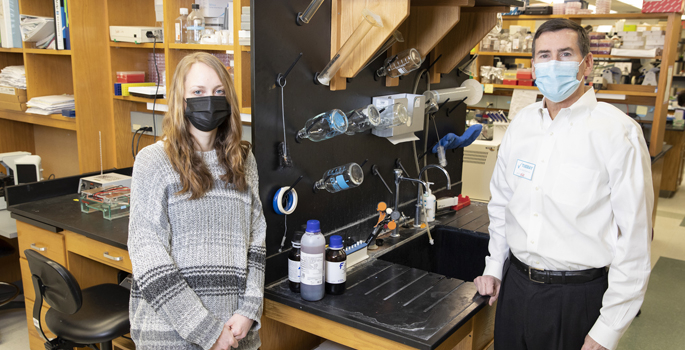
Team studies new use for pulmonary hypertension drug
An FDA-approved medication enhances the function of T regulatory cells (Treg), a class of immune cells that restrains the immune response, Vanderbilt investigators have discovered. Read MoreMar 25, 2021
-
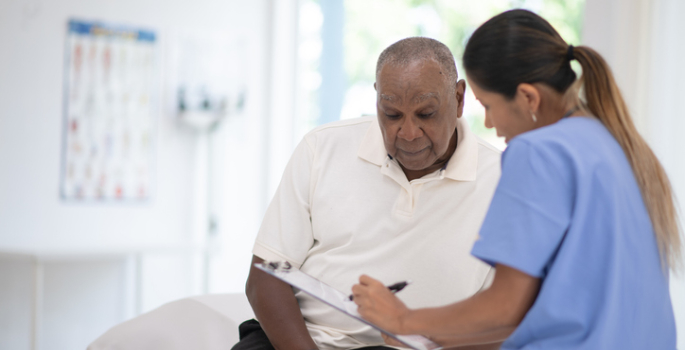
Prostate cancer microenvironment
Distinct cancer-associated fibroblasts in the prostate tumor microenvironment may influence tumor progression and could point to new therapeutic targets. Read MoreMar 23, 2021
-
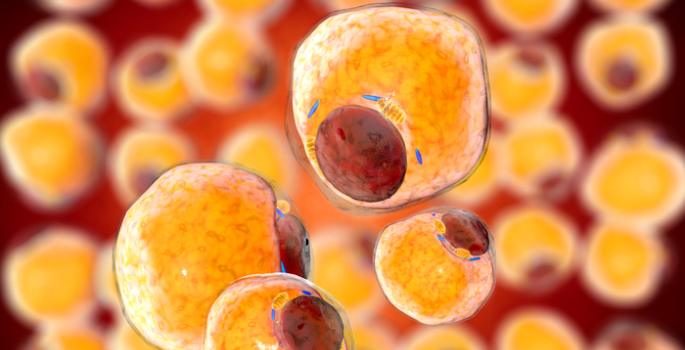
HIV, diabetes and immune cells in fat
In HIV-positive individuals with diabetes, immune cells in fat are more proinflammatory and cytotoxic and may represent a therapeutic target for diabetes. Read MoreMar 18, 2021
-

Electronic health record study discovers novel hormone deficiency
A novel hormone deficiency may exist in humans, Vanderbilt investigators have discovered. In an analysis of two decades worth of electronic health records, the researchers found that some patients have unexpectedly low levels of natriuretic peptide hormone in clinical situations that should cause high levels of the hormone. Read MoreMar 11, 2021
-
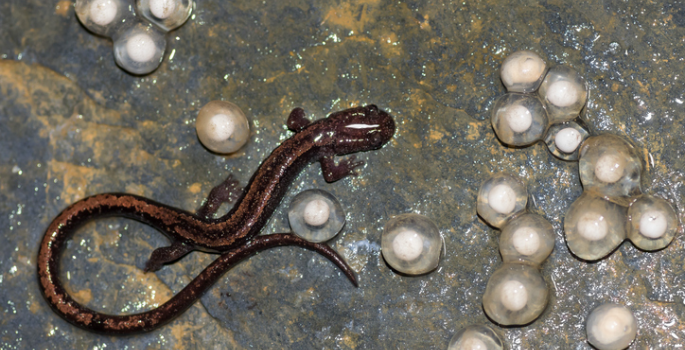
Temperature, newts, and a skin-eating fungus
The emergence of pathogenic skin fungi that cause the disease chytridiomycosis is contributing to the global loss of amphibian populations. Read MoreMar 8, 2021
-

Targeting glucagon action in diabetes
Disrupting the action of glucagon — a pancreatic hormone that works to raise blood glucose — restores functional insulin-producing cells in mouse models of type 1 diabetes and may be a promising treatment strategy. Read MoreMar 4, 2021
-
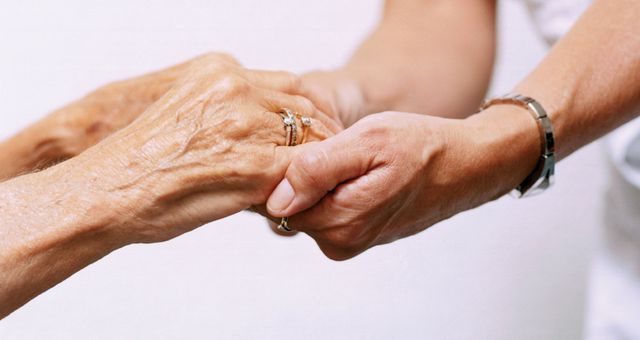
Case Western’s Jain to discuss age-related disorders at next Discovery Lecture March 11
Mukesh Jain, MD, vice dean for Academic Affairs and Medical Sciences and professor of Medicine at Case Western Reserve University, will discuss the discovery of aging-related disease genes and pathways during the next web-based Discovery Lecture. Read MoreFeb 25, 2021
-
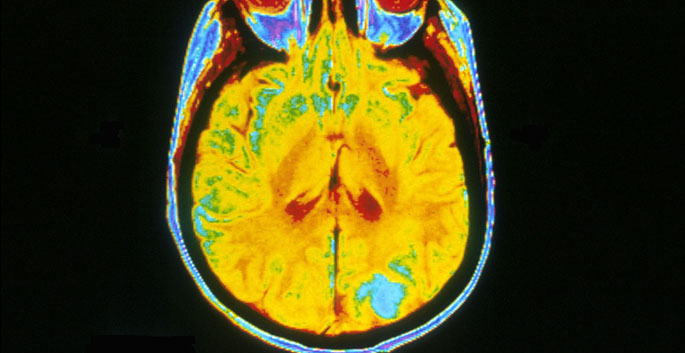
MRI view of brain tumor prognosis
In patients with glioblastoma brain tumors, features detected on MRIs at diagnosis were associated with survival, Vanderbilt Medical Center investigators found. Read MoreFeb 22, 2021
-

Genetic clues in eye birth defect
Sabine Fuhrmann and colleagues have discovered a novel underlying cause of coloboma — a birth defect that causes missing tissue in the eye and accounts for up to 10% of childhood blindness. Read MoreFeb 18, 2021
-

Gene variant and glucose metabolism
Genetic variation that impacts glucose- and insulin-related signaling affects responses to type 2 diabetes treatments and warrants further study. Read MoreFeb 18, 2021
-

VUMC postdoctoral scientist named HHMI Hanna Gray Fellow
Valeria Reyes Ruiz, PhD, a postdoctoral fellow in the Department of Pathology, Microbiology and Immunology, has been selected as a 2020 Hanna Gray Fellow by the Howard Hughes Medical Institute (HHMI). Read MoreFeb 18, 2021
-
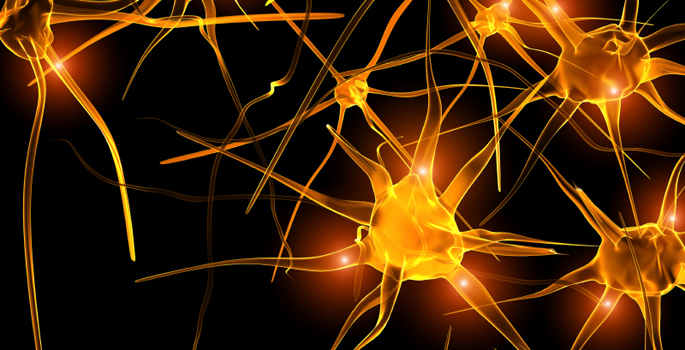
Imaging guidance for nerve repair
A noninvasive, quantitative MRI method could be used after surgical repair of traumatic peripheral nerve injury to help clinicians make decisions about whether additional surgical interventions are needed. Read MoreFeb 9, 2021